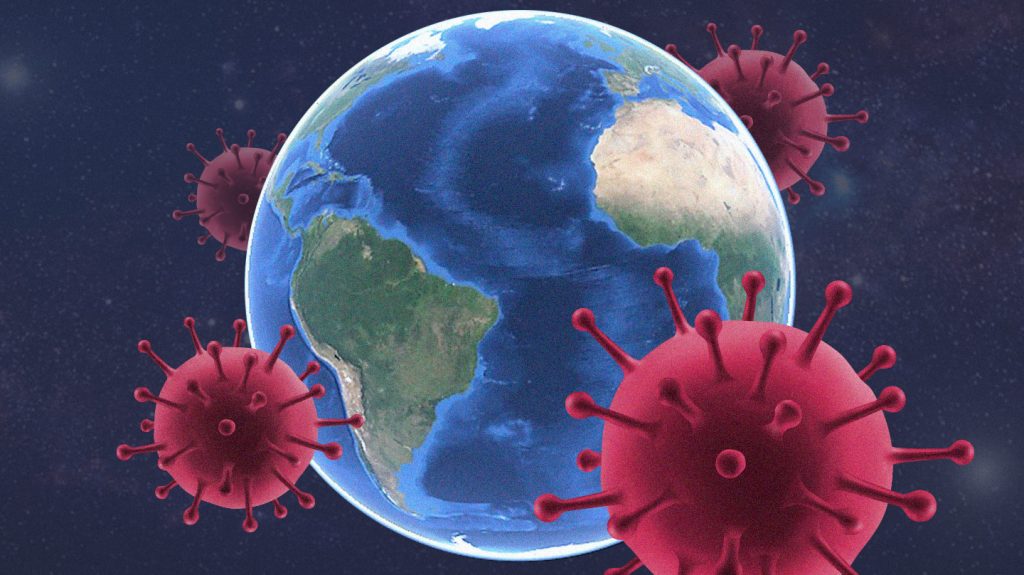Virendra Pandit
New Delhi: Even as the world, including India, braces for mass vaccination drive against the pandemic, fresh reports on Monday indicated that 2021 may also be challenging, as the killer virus causing COVID-19 mutates and spreads drug-resistant strains, infecting more people across the planet.
These new indications came from China and Britain.
In China, where Wuhan city became the global epicenter for the outbreak of the pandemic a year ago, the government sealed off two cities on Saturday (January 9) near the national capital of Beijing, and banned millions of people from leaving homes, unless absolutely necessary.
According to media reports, the two cities south of Beijing were Shijiazhuang and Xingtai where transport was suspended and panicked residents stopped from leaving, as officials geared up to stem the country’s largest and fresh coronavirus outbreak in the last six months.
Despite being the birthplace of COVID-19, China has persistently stonewalled all attempts for an international investigation into the origins of the virus and still claims, officially, only 4,634 deaths and 87,536 infections so far. Globally, the pandemic has claimed 1.94 million lives and infected over 9 million people.
Reports from China said the authorities had contained the spread since
its emergence in Wuhan in late 2019, with minor outbreaks, swiftly snuffed out using mass testing, local lockdowns and travel restrictions.
A year on, however, China is threatened by a fresh outbreak.
In the last one week, Hebei province in northern China has reported 127 new COVID-19 positive cases and an additional 183 asymptomatic infections.
Most of these patients were found in Shijiazhuang in Hebei province with a population of 11 million. Also, nine confirmed cases were reported in the neighboring city of Xingtai, with a 7 million population.
Chinese officials ordered to “strictly control the movement of people and vehicles”, and placed all residential areas under “closed management” — a euphemism for lockdown, media reported.
Hebei residents were also prohibited from entering Beijing or leaving the province.
As it did last year, China continues to blame others. “The outbreak was imported from abroad, but the exact origins are currently under in-depth investigation by state, provincial, and municipal experts,” said Li Qi, head of the Hebei Centre for Disease Control and Prevention.
Beijing has repeatedly tried to link recurrent domestic outbreaks to strains of the virus circulating overseas, claiming that it was imported into China by returning travelers and contaminated imported food packaging.
Officials have also banned mass celebrations, gatherings, and fairs ahead of the New Year holidays from February 11 to 17. Even funerals will be brief and need prior permission.
Hebei province reported 33 new confirmed COVID-19 cases on Friday last in addition to 51 from the day before, pushing the nationwide daily total to the highest figure since July. So far, both cities have tested around 6.7 million residents, officials said.
China’s recently approved Sinopharm vaccine is claimed to have a 79 percent efficacy rate.
Another grim report came from London. The British government’s Chief Medical Advisor Chris Whitty said on Monday that “the next four weeks of the COVID-19 pandemic will be the worst as the new highly-infectious variants of the virus rampages across the country.”
After the outbreak of a new strain recently, Prime Minister Boris Johnson had imposed a new stay-at-home lockdown until at least mid-February to prevent the spread of the pandemic.
On Monday, the health department recommended raising the national alert level to the maximum level of 5 for the first time since the COVID-19 outbreak was reported in 2020.

